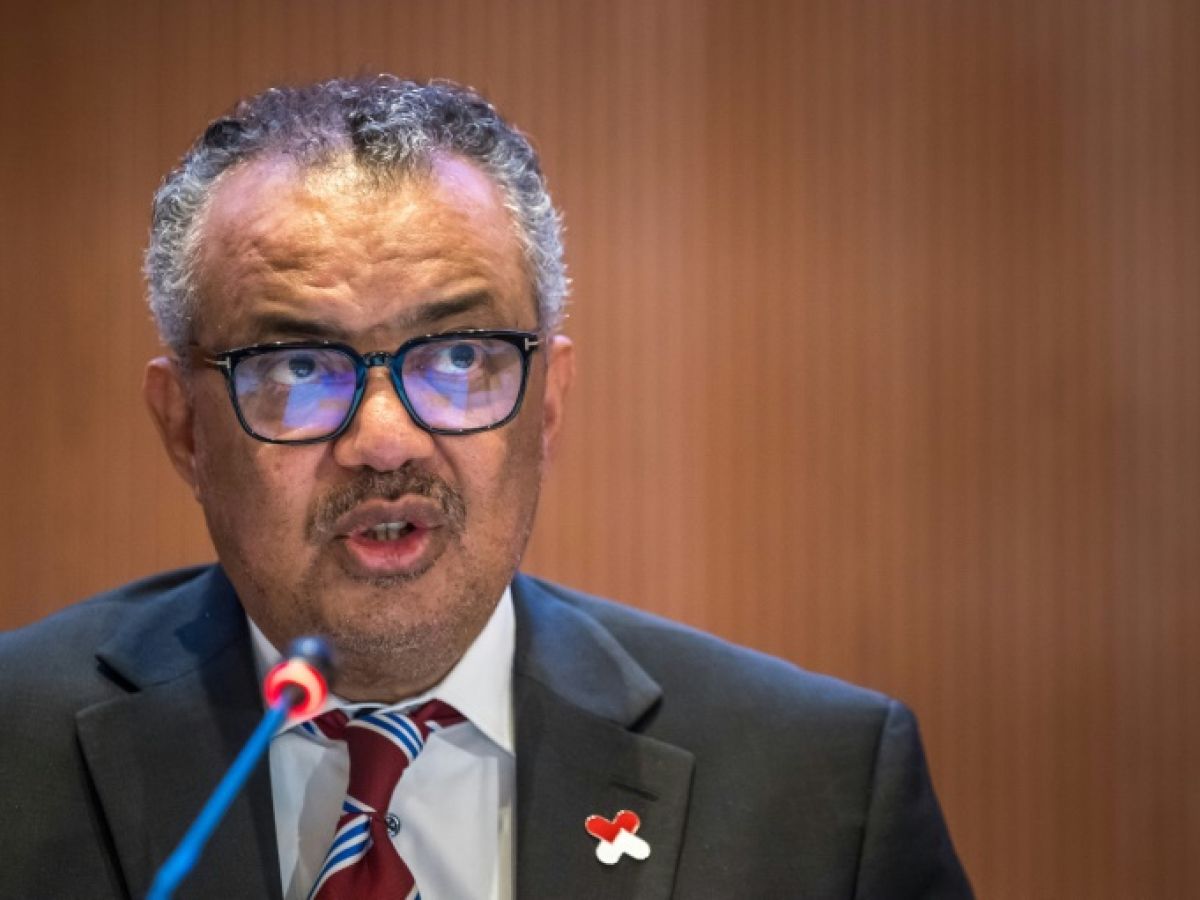The World Health Organization on Wednesday issued its highest level of international health alert in the face of a resurgence of cases of COPD in Africa.
"Today the emergency committee met and advised me that in their view the situation constitutes a public health emergency of international concern. I have accepted that view," WHO Director-General Dr Tedros Adhanom Ghebreyesus told a news conference.
"This is a situation that should concern us all," he said.
Only the head of the WHO can declare a public health emergency of international concern, on the advice of an ad hoc committee of experts.
The 15 members of this committee who participated in the meeting "all" considered that the criteria were met to declare an international public health emergency, the president of the group of experts, Dimie Ogoina, told journalists.
The WHO had already taken such a decision in 2022, when an epidemic of mpox – carried by clade (group) 2b – had spread across the world.
But the current epidemic, which started in the DRC and is currently confined to Africa, has its specificities, firstly a more contagious and dangerous virus. It is caused by clade 1 and by an even more dangerous variant, clade 1b. Its mortality rate is estimated at 3.6%.
On Tuesday, the African Union's health agency declared a "public health emergency", its highest level of alert, in the face of the growing epidemic of mpox on the continent, launching a "clear call to action" to stop its spread.
A total of 38,465 cases of the disease, formerly known as monkeypox, have been reported in 16 African countries since January 2022, resulting in 1,456 deaths, including an increase of 1,60% cases in 2024 compared to the previous year, according to data released last week by the health agency Africa CDC.
"WHO is committed, in the days and weeks ahead, to coordinating the global response, working closely with each affected country and leveraging its presence on the ground, to prevent transmission, treat those infected and save lives," Dr Tedros told reporters.
At the opening of the meeting, he warned: "We are facing several epidemics with different clades in different countries, with different modes of transmission and different levels of risk."
– “Not easy” –
MPOX is a viral disease that spreads from animals to humans but is also transmitted through close physical contact with a person infected with the virus.
Clade 1b presents with skin rashes over the entire body, whereas previous strains were characterized by localized rashes and lesions on the mouth, face, or genitals.

MPOX was first discovered in humans in 1970 in what is now the DRC (formerly Zaire), with the spread of subtype clade 1, mainly limited since then to countries in western and central Africa, with patients generally being contaminated by infected animals.
In 2022, a global epidemic, carried by subtype clade 2, spread to about 100 countries where the disease was not endemic, affecting mainly homosexual and bisexual men.
The WHO then declared maximum alert in July 2022 in the face of this surge in cases worldwide, then lifted it less than a year later, in May 2023. The epidemic had caused some 140 deaths out of around 90,000 cases.
"In the past month, approximately 90 cases of clade 1b have been reported in four countries neighbouring the DRC that had never previously reported mpox: Burundi, Kenya, Rwanda and Uganda," Dr Tedros reminded the emergency committee.
Declaring a global high alert "can allow WHO to access funds for emergency interventions. For the rest, the same priorities remain: investing in diagnostic capacity, public health response, treatment support and vaccination. This will not be easy," according to Marion Koopmans, professor at the Dutch Erasmus University Rotterdam.


